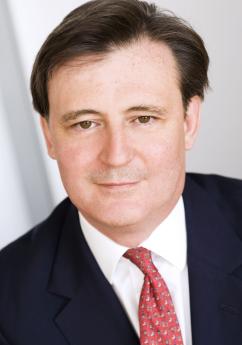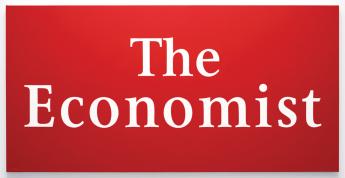Related Topics
American Finance After Robert Morris
Robert Morris can be fairly said to have made the American Revolution possible.
Right Angle Club: 2015
The tenth year of this annal, the ninety-third for the club. Because its author spent much of the past year on health economics, a summary of this topic takes up a third of this volume. The 1980 book now sells on Amazon for three times its original price, so be warned.
Economics
Interest rates as signs of the future.
New Views for the Economist?

|
| John Micklethwait |
The London Economist has a new editor, and a new owner. Mickelthwait, the old editor, is now working for Blumberg, and ownership has passed from one corporation to another. The two synchronous events may or may not have anything to do with each other, but the name of Rothschild has more or less vanished. No doubt the new management will change the cover page and format a little, but we must wait for a little to see whether their editorial viewpoint has changed very much. A few token viewpoints will probably continue to be sacred, like support for American foreign policy, and admiration for the British socialized health system. But there is a sign, one change may be significant.
Twice in the last few weeks, there has been a serious discussion in the magazine for serious economists, of the same newly-discovered fact. Whenever the private sector generates strong profits, the Economist sees strong evidence the majority of profits soon appear as increased credit in the real estate sector. Industrial profits transform into real estate investments, in other words. No explanation for this strange observation is offered, and perhaps it is just an observation, without a current explanation agreed by everyone. But after skipping that gap, the observation certainly has the potential to explain much of the cyclicity of markets, offering an explanation of why market upturns are so often followed by real estate crashes. And, if we are lucky, followed by some reasonable proposal for preventing such crashes?
If no one else is going to step forward with an explanation, let me offer one. For the small investor, real estate has long been the only available way to get into speculation on interest rates. A thirty-year mortgage starts with small equity and a large debt, and gradually the borrower becomes a lender. Business schools teach that real estate is "where the rubber meets the road". But seeing a real estate boom, the rest of the market heads for the exits.

|
| The Economist |
If that's the one-liner we are looking for, it probably neglects the last step. When wealth gets created, by a stock market boom or any other method, most small investors have discovered only one safe and comfortable way to participate. So, having temporarily exhausted that approach, they hesitate. During that period of hesitation, they build up an invisible form of wealth, called credit, which enables them to borrow were before that, they had no credit. The American discoverer of this puzzling concept was Robert Morris, the banker of the American Revolutionary War. And come to think of it, didn't Morris himself encounter bankruptcy and debtor's prison -- from real estate speculation on credit?
So what's new? What's new is that longevity has increased to the point where it is sensible to liquidate the real estate and spend the proceeds on retirement. Having achieved lender status, they then aim to spend their last dime, on the last day of their lives. That seems just perfect, but where have all the credit gone?
Originally published: Thursday, November 26, 2015; most-recently modified: Friday, May 24, 2019